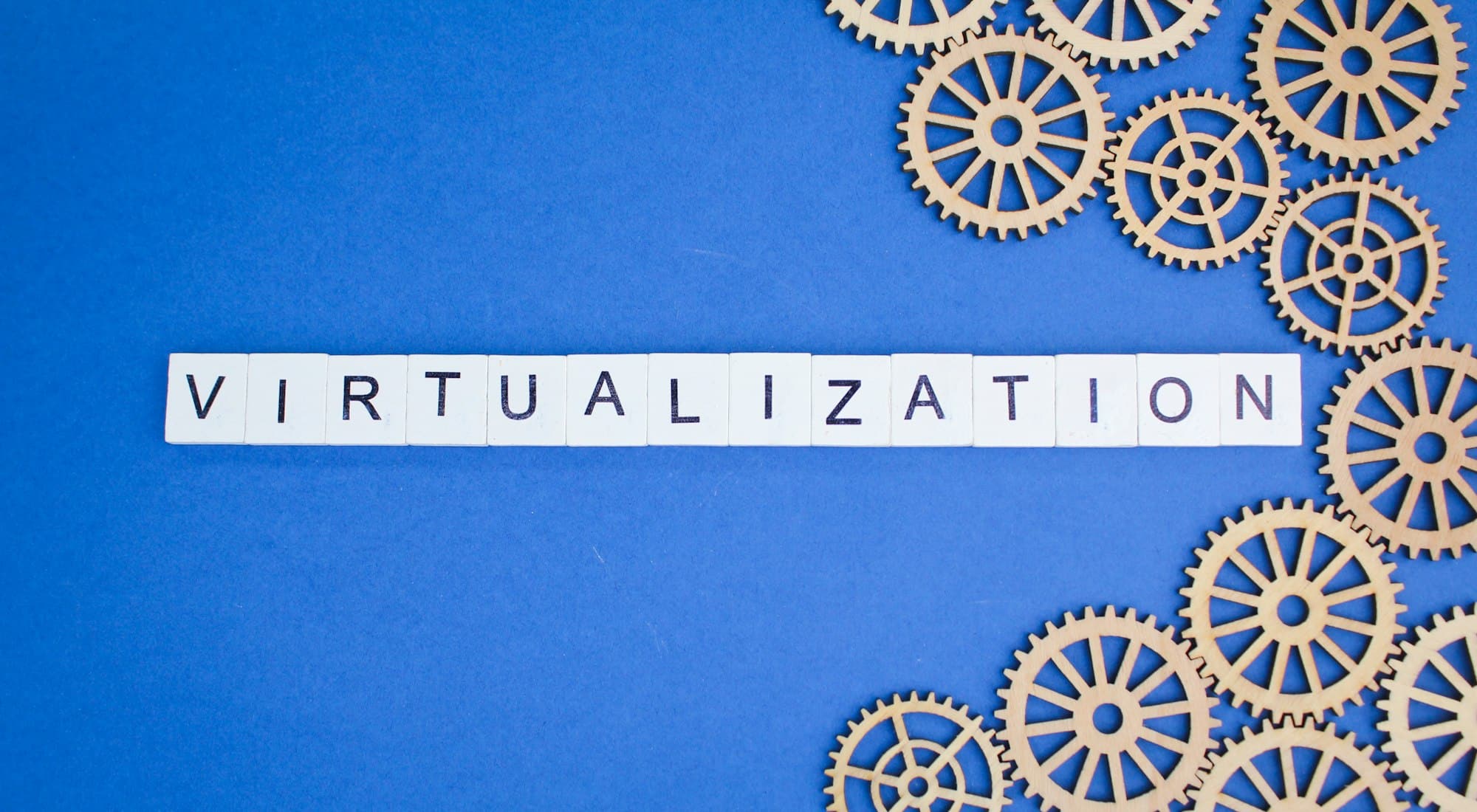How Can UK Wedding Planners Use Virtual Reality to Plan and Preview Event Setups?

The advent of technology has revolutionised many industries, including event planning. One such innovation that's making waves in the industry is virtual reality (VR). Virtual reality has opened up a world of possibilities for wedding planners in the UK, enabling them to create, design, and preview event setups in a virtual space before the actual day. This article provides an in-depth look at how VR technology can be utilised in the stages of event planning, setting up the space, creating the theme, and coordinating the attendees.
Using VR in Event Planning
In the event planning stage, VR technology can be a game-changer. Traditionally, planning a wedding involves numerous meetings, site visits, and discussions to finalise the design and layout of the event. With VR, much of this can be done in a virtual space, saving both time and resources.
Using VR, planners can create a virtual replica of the event space, complete with the planned decor, seating arrangements, lighting, and other elements. This allows both the planning team and the clients to have a realistic preview of what the event will look like on the actual day. With this technology, you can make changes and adjustments to the plan in real-time, without the need for physical mock-ups or repeated site visits.
By allowing clients to virtually walk through the event, VR technology not only speeds up the planning process but also helps build confidence and trust. Clients can see exactly what they will get on the day of the event, which can lead to increased satisfaction and a stronger relationship with the event planning team.
Designing the Event Space with VR Technology
One of the significant advantages of using VR in wedding planning is the ability to design the event space in a virtual environment. This can be particularly helpful when planning large-scale events, where the logistical challenges of setting up the space can be daunting.
With VR, you can import the dimensions and features of the actual venue into a virtual environment. Then, using a variety of design tools, you can add furniture, decorations, lighting, and other elements to the space. You can adjust the layout, swap out items, experiment with different designs, and see the result in real-time. This not only saves time but also eliminates the risk of making costly mistakes.
Furthermore, VR allows you to create multiple designs and compare them side by side. This can be a powerful tool when you're trying to decide on the best design or when you want to present different options to your clients. With VR, you can make the design process more efficient, creative, and collaborative.
Creating a Wedding Theme with VR
Creating a wedding theme can be a challenging task. It requires a clear vision, creativity, and meticulous attention to detail. With VR technology, this process can be made significantly easier and more enjoyable.
In a virtual environment, you can experiment with different colours, patterns, textures, and styles to create a unique and cohesive wedding theme. You can get a realistic feel for how everything will look together, without having to commit to any choices until you're completely satisfied.
VR can also be a powerful tool for visualising and communicating the theme to your clients. By immersing them in a virtual representation of their wedding, you can help them understand and appreciate your vision. This can lead to a more collaborative and satisfying planning process, where your clients feel involved and valued.
Coordinating Guests and Attendees Virtually
Another area where VR can prove useful is in coordinating guests and attendees for the event. Traditionally, managing the guest list and seating arrangements can be a time-consuming and often stressful task. With VR, however, you can streamline this process and make it a lot more manageable.
Using VR, you can create a virtual representation of your guest list and seating arrangements. This allows you to easily move people around, add or remove guests, and see how the changes will affect the overall setup. You can also share this virtual plan with your clients, allowing them to make changes and provide feedback in real-time.
Furthermore, VR can also be used to create a virtual walkthrough of the event for the guests. This can be particularly useful for large events, where guests might have trouble finding their way around. A virtual walkthrough can help them familiarize themselves with the layout, locations of key facilities, and the seating arrangements, ensuring a smooth and enjoyable experience on the day of the event.
In conclusion, VR technology can be a powerful tool in the hands of wedding planners, transforming the way events are planned and executed. As the technology continues to advance, it's expected to become an integral part of the event planning industry, making the planning process more efficient, creative, and client-friendly.
Integrating VR with Social Media for Ultimate Wedding Experience
The power of social media is undeniable in today's digital age, and it plays a significant role in the wedding industry. The combination of virtual reality technologies and social media platforms opens doors for unlimited possibilities in the world of event planning.
The integration of VR and social media can provide a highly interactive and engaging experience for both the clients and their guests. Event planners can utilise this combination to create a virtual event that can be shared on various social media platforms. This not only allows the clients to share their wedding plans with their friends and family but also helps in gaining feedback and suggestions from them.
Furthermore, VR can enable event planners to create virtual tours of the wedding venues. These tours can be posted on social media, allowing potential clients to explore various event spaces from the comfort of their homes. Additionally, these tours can help clients in making decisions about the venue, decorations, and overall setup of their wedding day.
Moreover, using VR technology, wedding planners can create a themed event, showcasing it in black & white or any other theme, and share it on social media. This can serve as a marketing tool, displaying the capabilities and creativity of the wedding planner.
VR in the Long Term: A Staple in the Wedding Industry
Over the years, technological innovations have become a staple in various industries, and the wedding industry is no exception. Looking at the potential benefits and the growing popularity of VR, it's safe to say that this technology will become a long-term fixture in the industry.
VR offers a level of immersion and interactivity that's unmatched by any other technology currently available. By allowing clients to experience their wedding day before it has occurred, VR technology can significantly enhance the event planning process.
Additionally, the use of VR can lead to cost savings in the long term. By eliminating the need for physical mock-ups and reducing the number of site visits, event planners can save both time and resources. This can lead to increased profitability and growth in the wedding industry.
The use of VR can also lead to increased customer satisfaction. By allowing clients to be actively involved in the planning process and providing them with a realistic preview of their wedding day, VR can help build trust and strong relationships with clients.
In conclusion, the integration of VR in the wedding industry can revolutionise the way weddings are planned and executed. The possibilities are endless, and as VR technology continues to advance, we can expect to see even more innovative uses for it in the future. From creating virtual tours of wedding venues to designing the perfect event space, VR is set to become a staple in the wedding industry. On the 19th of April, 2024, we can only imagine what the future holds!
